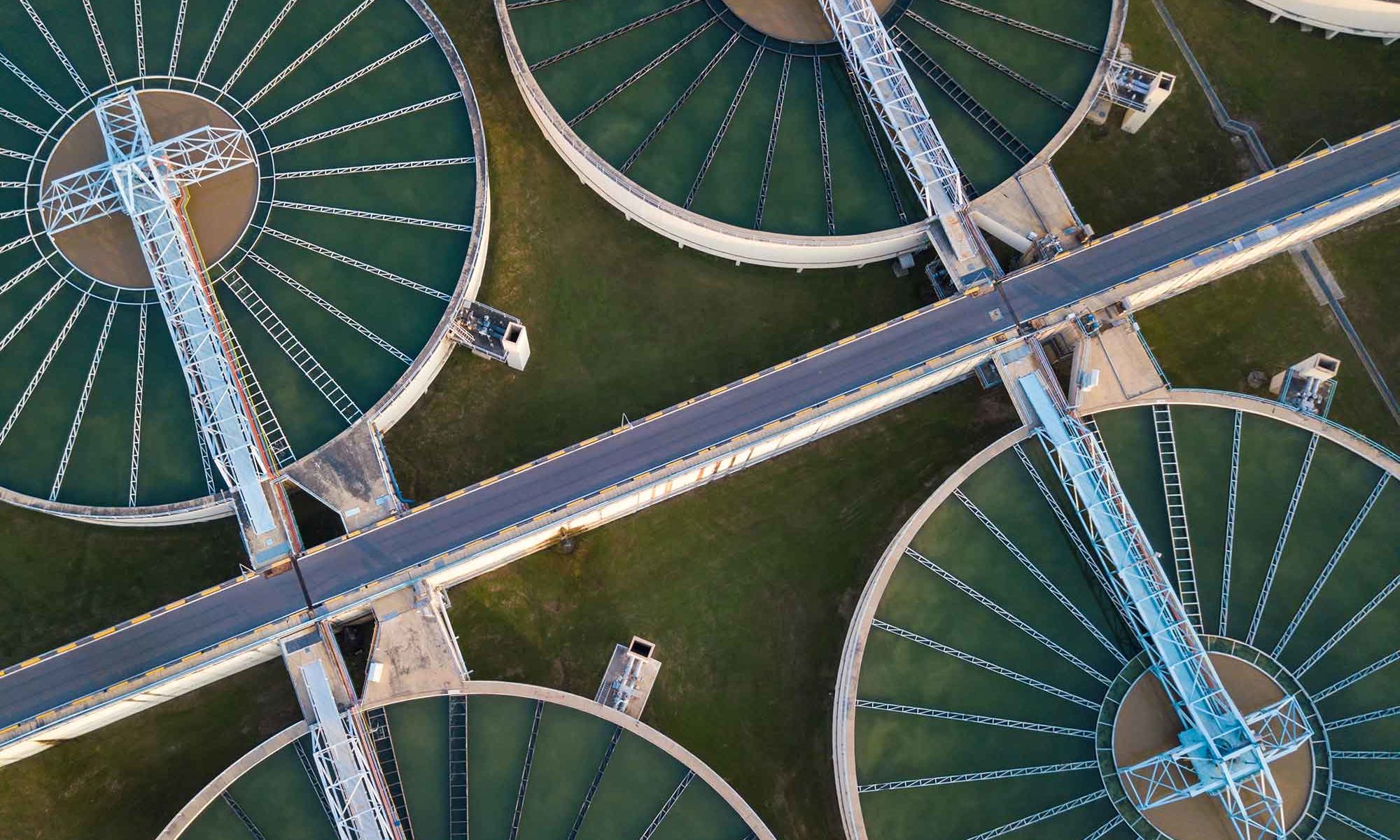It is surprising to see how little innovation there can be found in the water industry, which is the world’s largest natural resource and the world’s third largest market. Only a handful of companies are now developing new technologies that aim to make water consumption part of a circular economy.
The London-based biotech company Puraffinity for example is developing technology to remove toxic compounds from water.
Pharem Biotech from Sweden has developed a flexible technology, using enzymes, to treat unwanted organic micropollutants or other organic substances, in various water and process environments.
And the Danish industrial biotech company Novozymes has started developing water treatment solutions that focus on ‘sludge management’, where enzyme technology helps to dry out the biomass in the water more than can be achieved using conventional methods. This not only reduces costs, but also can reduce the use of polymers by up to 20%.
“Water treatment has been around for decades and in itself is a biological process. And yet, there’s very little in terms of biological or biotechnology solutions. We treat water with chemistry,” said Hans Ole Klingenberg, VP Marketing, Industrial Biosolutions at Novozymes.
Read the article on Labiotech.eu.
Image: People Image Studio/Shutterstock



